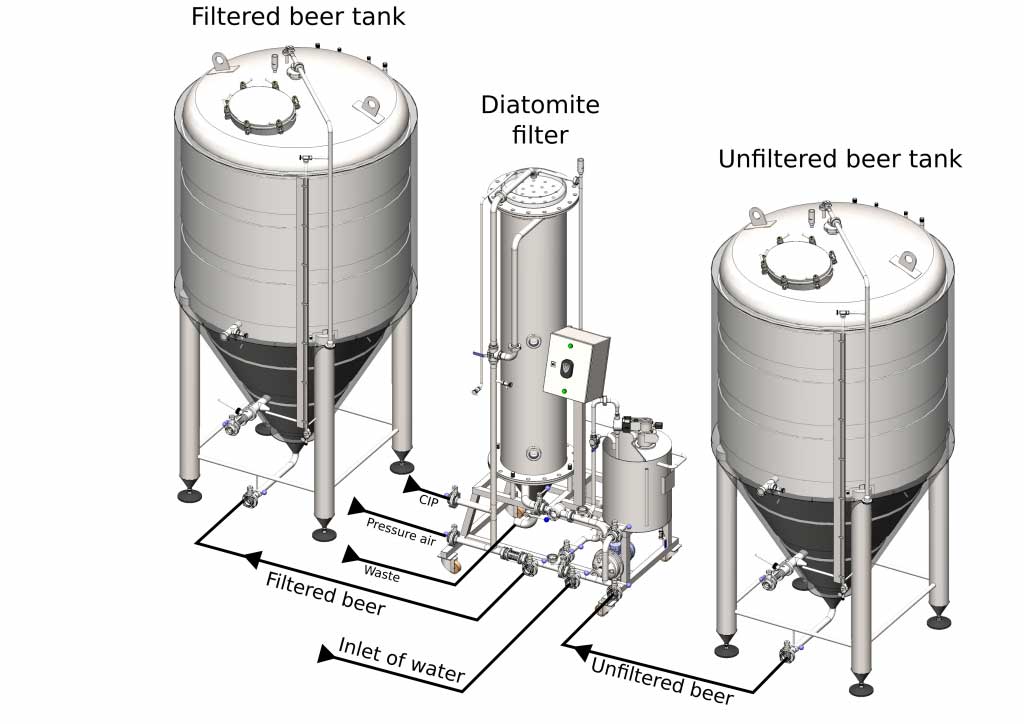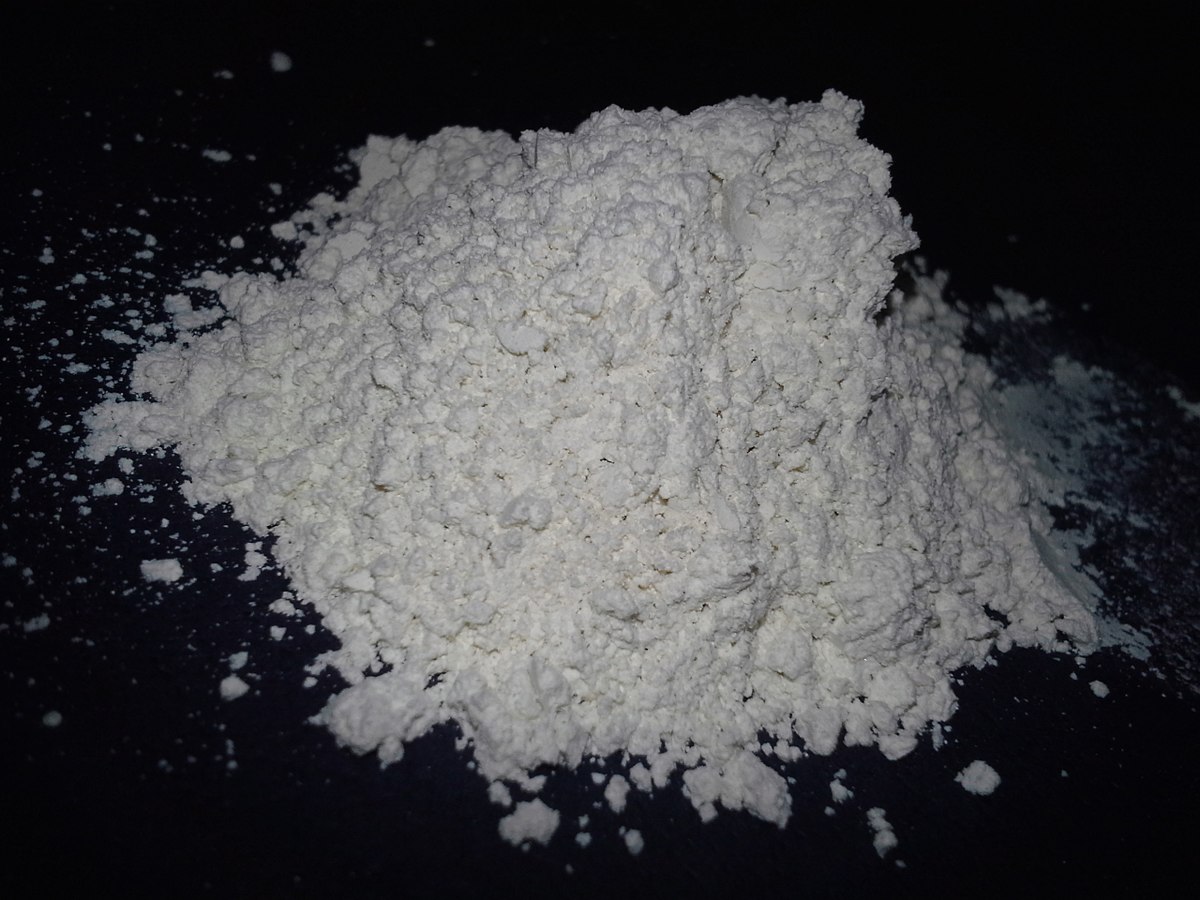Opening the Advantages of Diatomaceous Planet Filtering for Pure and Clean Water
The expedition of diatomaceous earth (DE) filtering presents an engaging alternative for those looking for sustainable and reliable water purification techniques. With its unique structure that records a variety of contaminations, DE filtering system not only boosts water top quality but likewise uses benefits in longevity and energy effectiveness over standard systems. As the demand for tidy water remains to climb internationally, recognizing the diverse applications and advantages of DE filters may reveal essential understandings for both home and industrial use. When choosing the optimal DE filter for your demands?, what particular variables should be considered.
What Is Diatomaceous Earth?
Diatomaceous planet, usually referred to as DE, is a normally happening sedimentary rock composed mostly of the fossilized remains of small, marine microorganisms understood as diatoms. These single-celled algae are abundant in silica, which is the main part of DE. The one-of-a-kind structure of diatomaceous earth consists of tiny, porous fragments that supply a high area, making it an effective filtering tool.
DE is commonly gathered from old lake beds and deposits, which have accumulated over hundreds of years. It appears as a penalty, white to off-white powder, and its chemical composition mostly includes silicon dioxide, in addition to trace amounts of various minerals. This make-up is what provides DE its exceptional residential or commercial properties.
Along with its application in water purification, diatomaceous earth is utilized in a variety of sectors, including agriculture, food storage space, and pest control. Its ability to soak up moisture and its unpleasant high qualities make it a useful source in these fields. Generally, diatomaceous planet attracts attention as an environmentally pleasant option for various applications because of its all-natural origin and efficiency in purification processes.

How Diatomaceous Planet Filtering Works

When water travels through a diatomaceous planet filter, the fine bits are captured in the complex network of small pores. The shapes and size of these pores are vital, as they are developed to target certain pollutants while enabling clean water to move with. As water steps with the filter medium, the mechanical action of the diatomaceous planet catches bigger particles, while smaller sized impurities are taken in or literally blocked.
In addition, the area provided by diatomaceous earth is comprehensive, enhancing its capacity to hold pollutants. This causes a steady build-up of entraped bits, which can be periodically eliminated via a backwashing procedure. This approach makes certain regular filtering performance and adds to the total effectiveness of preserving tidy and pure water.
Advantages Over Conventional Filtration
When advice comparing diatomaceous earth filtering to typical filtering techniques, numerous benefits arise that boost water purification performance. Among the primary benefits is the superior purification capacity of diatomaceous earth (DE), which can get rid of smaller sized fragments and pollutants that standard filters may miss out on. The tiny framework of DE enables it to record pollutants, consisting of bacteria and protozoa, causing cleaner water.
In addition, diatomaceous earth filters have a tendency to have a much longer lifespan than typical media, decreasing the regularity of replacement and maintenance. This long life not only lowers operational expenses yet also lessens waste, adding to even more lasting methods. DE filters likewise operate at lower stress, which can bring about energy cost savings in large applications.
Another significant advantage is the versatility of diatomaceous earth. It can be used successfully in numerous contexts, from local water treatment facilities to specialized industrial applications (diatomaceous earth filtering). The all-natural make-up of DE makes it an eco-friendly alternative, without harmful chemicals and pollutants typically related to artificial filtering systems
Applications in Family and Sector
Countless applications of diatomaceous planet filtering system can be found in both household and industrial settings, highlighting its flexibility and performance in water purification. In domestic settings, diatomaceous planet (DE) filters are typically used in pool, successfully recording particles and microorganisms, thus maintaining water clearness and health. In addition, several houses make use of DE in home water purification systems, where it serves to remove pollutants, debris, and harmful virus, making certain safe drinking water.
In industrial applications, diatomaceous planet filtering is essential to various markets, including food and beverage manufacturing, drugs, and wastewater treatment. In the food sector, DE is utilized in the filtration of beer and red wine, promoting the elimination of yeast and other particulates while maintaining the beverage's flavor account. In wastewater therapy centers, DE filters play a crucial you can try this out duty in boosting water quality by capturing pollutants and promoting the recycling of water sources.
The efficiency of diatomaceous earth in both family and commercial applications highlights its invaluable role in advertising clean water access, adding to public wellness, and sustaining lasting practices.

Picking the Right DE Filter
Picking the suitable diatomaceous earth (DE) filter is important for making sure ideal water filtration, whether for household or commercial use. diatomaceous earth filtering. The selection of a DE filter relies on several vital elements, consisting of the certain application, flow rate requirements, and the preferred degree of filtering
First, examine the volume of water to be filtered. For property usage, smaller sized filters are sufficient, while commercial applications may necessitate larger, high-capacity systems. Next, take into consideration the flow price; it is necessary to choose a filter that can handle the required throughput without compromising water quality.
Furthermore, examine the filtration degree; DE filters been available in different qualities, influencing the elimination of particulates and contaminations. Higher-grade filters are perfect for applications requiring stringent pureness levels.
Lastly, take into consideration the upkeep needs and the accessibility of replacement DE powder. Filters that are much easier to maintain and have conveniently available products will certainly reduce downtime and operational prices. By very carefully thinking about these aspects, one can select a DE filter that satisfies specific needs, making sure the delivery of secure and tidy water.
Verdict
In summary, diatomaceous planet filtering stands for a considerable innovation in water purification innovation, offering enhanced effectiveness and effectiveness in catching pollutants. Accepting diatomaceous planet filtering can lead to improved public health and wellness results and better access to tidy water.
The exploration of diatomaceous earth (DE) filtering system presents a compelling alternative for those seeking efficient and sustainable water purification methods.When contrasting diatomaceous planet filtering to standard filtering approaches, numerous advantages emerge that enhance water purification efficiency.Countless applications of diatomaceous planet filtering can be discovered in both home and industrial settings, highlighting its versatility and effectiveness in water great post to read filtration. In household atmospheres, diatomaceous earth (DE) filters are frequently used in swimming pools, properly capturing debris and microorganisms, thus preserving water clearness and hygiene. In wastewater therapy facilities, DE filters play an essential role in enhancing water top quality by trapping pollutants and facilitating the recycling of water resources.